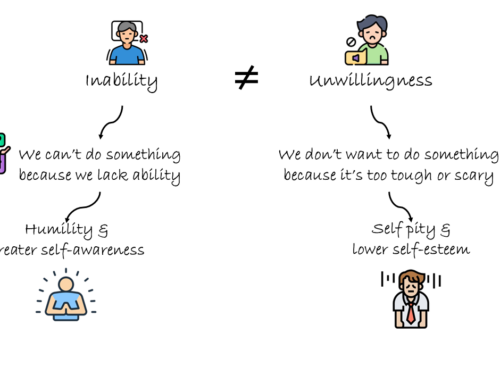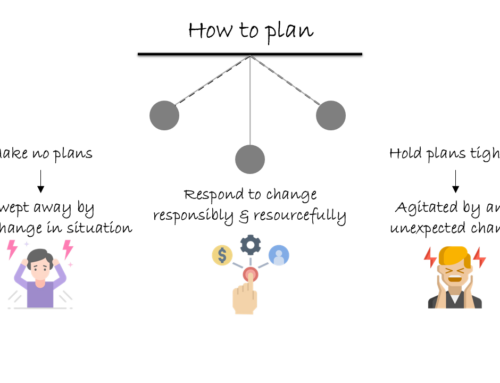When a long-awaited good thing happens be grateful that it happened not resentful that it happened so late
Suppose someone who had a longstanding disagreement with us finally comes over to our viewpoint. If we welcome them gracefully, we can work together effectively. But suppose we humiliate them: “Why were you such a fool for such a long time?” They may get offended and the disagreement may worsen.
Usually, we won’t say something that stupid openly. But we may do something similar internally when we adopt our mind’s complaining attitude. When some long-awaited good thing happens, our mind may grumble, “Why did this take so long to happen?” If we adopt the mind’s churlish attitude, we will cheat ourselves of the joy and verve that positive development could have brought into our life. We may even lose that opportunity.
Even if the best blessings come in our life, they may not count if we don’t make them count by responding to them positively, enthusiastically, resourcefully. Constantly looking at things negatively characterizes a perversely obstinate mind infected by the mode of ignorance (Bhagavad-gita 18.35).
What if our mind keeps seeing things negatively? We need to cultivate satisfaction as an austerity of the mind (17.16). That means we conscientiously focus on the things that are right in our life, not the things that are wrong.
Gita wisdom helps us see positively even the delay in the breakthrough. Once we understand that an ultimately benevolent God is in control, we can infer that different things happen at different times for a reason. If we learn to smile at fate when it smiles at us, not frown at it for smiling so late, that gratitude may make us more receptive to realize the rationale for the delay.
Overall, by striving to be grateful instead of resentful, we all can make our future brighter.
Think it over:
- How may we sabotage life’s opportunities?
- How can we make our blessings count?
- How can we correct our mind’s habitual negativity?
***
18.35 And that determination which cannot go beyond dreaming, fearfulness, lamentation, moroseness and illusion – such unintelligent determination, O son of Pṛthā, is in the mode of darkness.
To know more about this verse, please click on the image
Explanation of article:
Podcast:






Leave A Comment